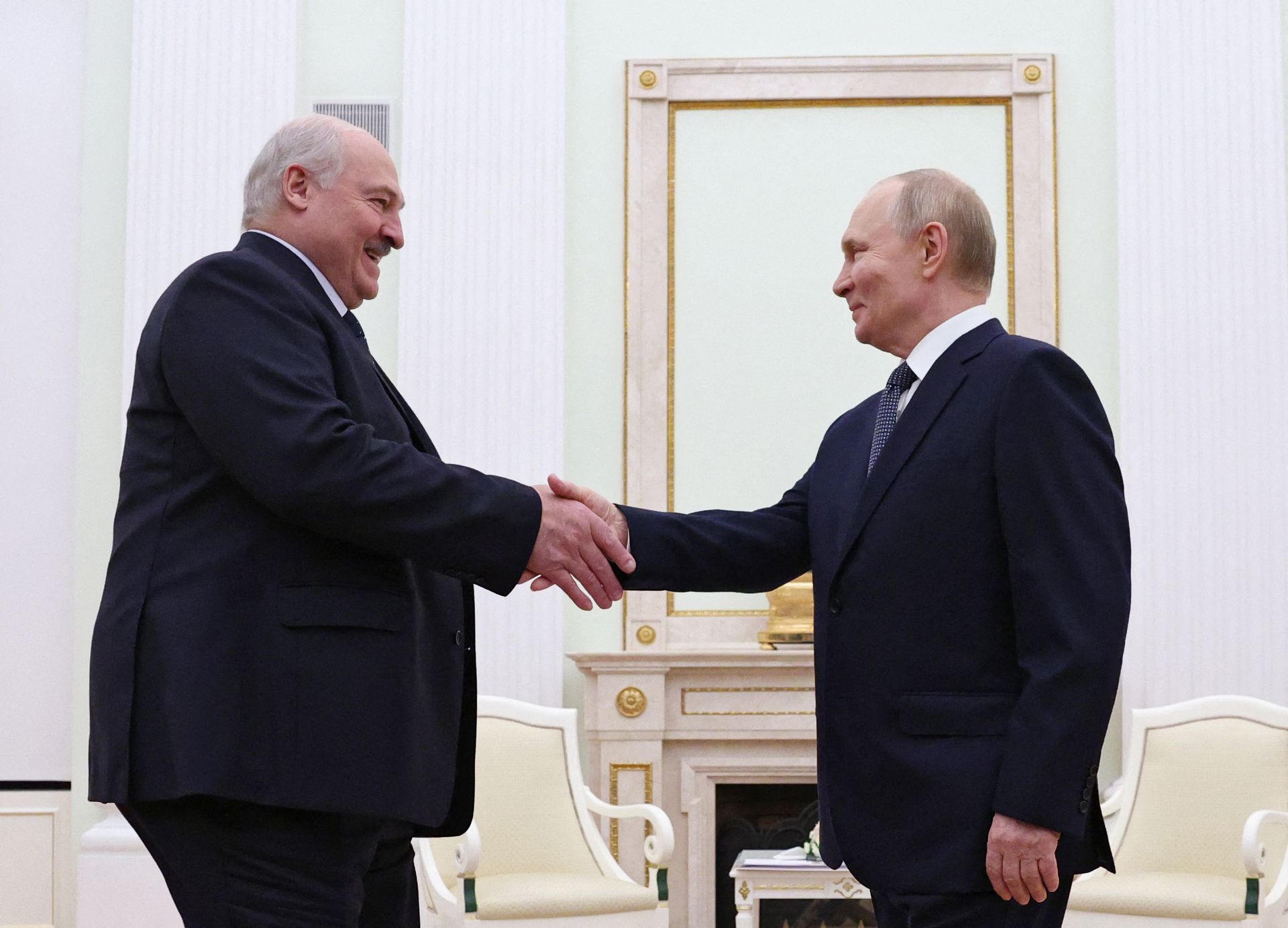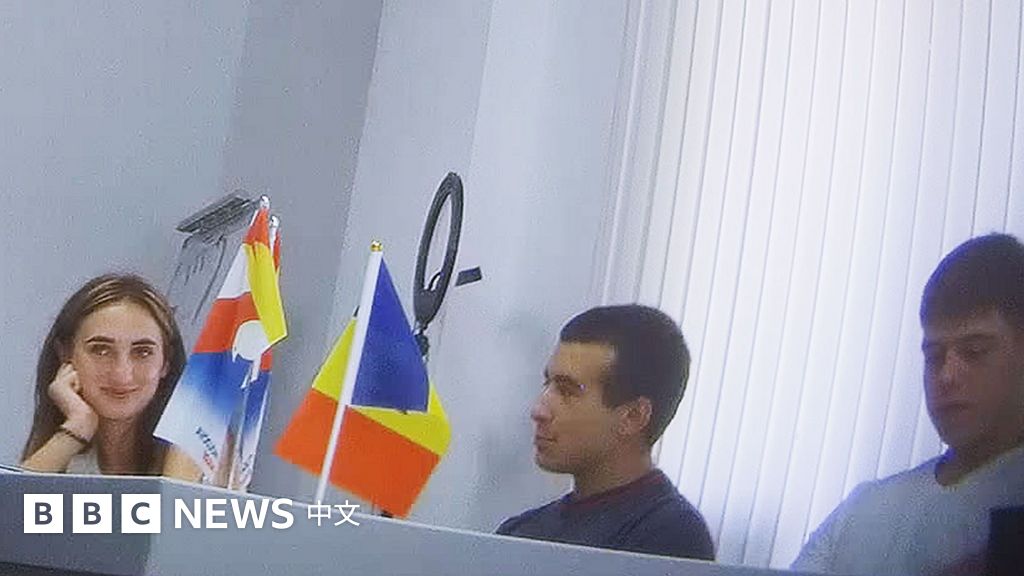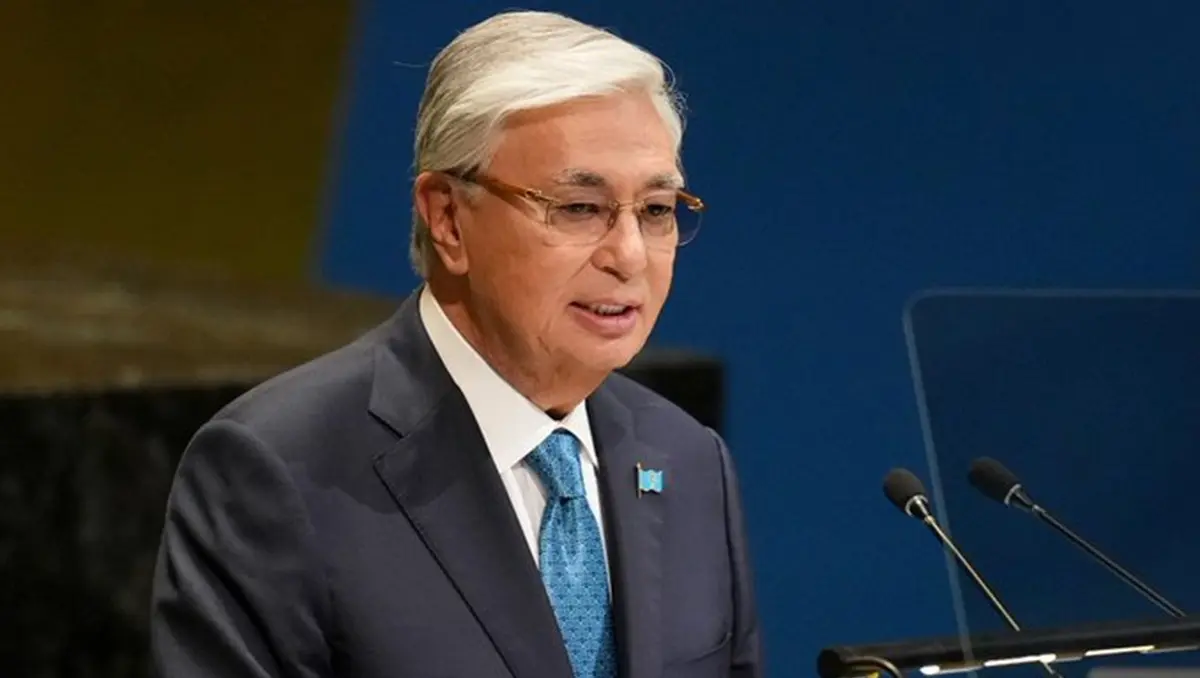Belarus Proposes Nuclear Plant to Supply Electricity to Russian-Occupied Ukraine
Belarus has proposed building a second nuclear power plant to supply electricity to the regions of Ukraine occupied by Russian forces. The proposal was unveiled on Friday, September 26, 2025, and raised by Belarusian President Alexander Lukashenko during a meeting with Russian President Vladimir Putin at the Kremlin, who appeared to publicly support the idea. The plant would aim to power regions including Kherson, Zaporizhzhia, Luhansk, and Donetsk.
Details of the Proposal
Lukashenko stated that if a decision is made, construction would immediately begin on a new power unit or station to provide electricity to western Russia and the "liberated regions," using the terminology Russia applies to occupied parts of Ukraine. Putin responded that financing wouldn't be an issue, provided there is a consumer base that will pay the required tariff. Discussions are reportedly ongoing to determine the optimal location for the new plant, with considerations including building a third unit at the current station in Astravets or placing it in the east of the country.
International Reaction and Concerns
The proposal has drawn strong criticism, particularly from Sviatlana Tsikhanouskaya, the exiled leader of Belarus' opposition, who said the plans put "all of Europe at risk." She accused Lukashenko of complicity in Russian aggression, trading Belarusian sovereignty for power and profits from war crimes. The international community, with the exception of North Korea, does not recognize Russia's annexation of the four regions in September 2022, referring to them as temporarily occupied territories under Ukrainian law.
Background and Implications
Belarus opened its first nuclear power plant in Astravets in 2020, built by the Russian state atomic energy corporation, Rosatom, with a $10 billion loan from Moscow. This plant's proximity to Lithuania's capital, Vilnius, sparked protests and concerns. While Belarus is not directly involved in Russia's full-scale invasion of Ukraine, it has supported Russian troop movements and allowed its territory to be used as a staging ground at the outset of the conflict. The proposal for a second plant underscores the close ties between Putin and Lukashenko and raises further questions about the region's energy security and Ukraine's sovereignty.
 Visit the website
Visit the website




